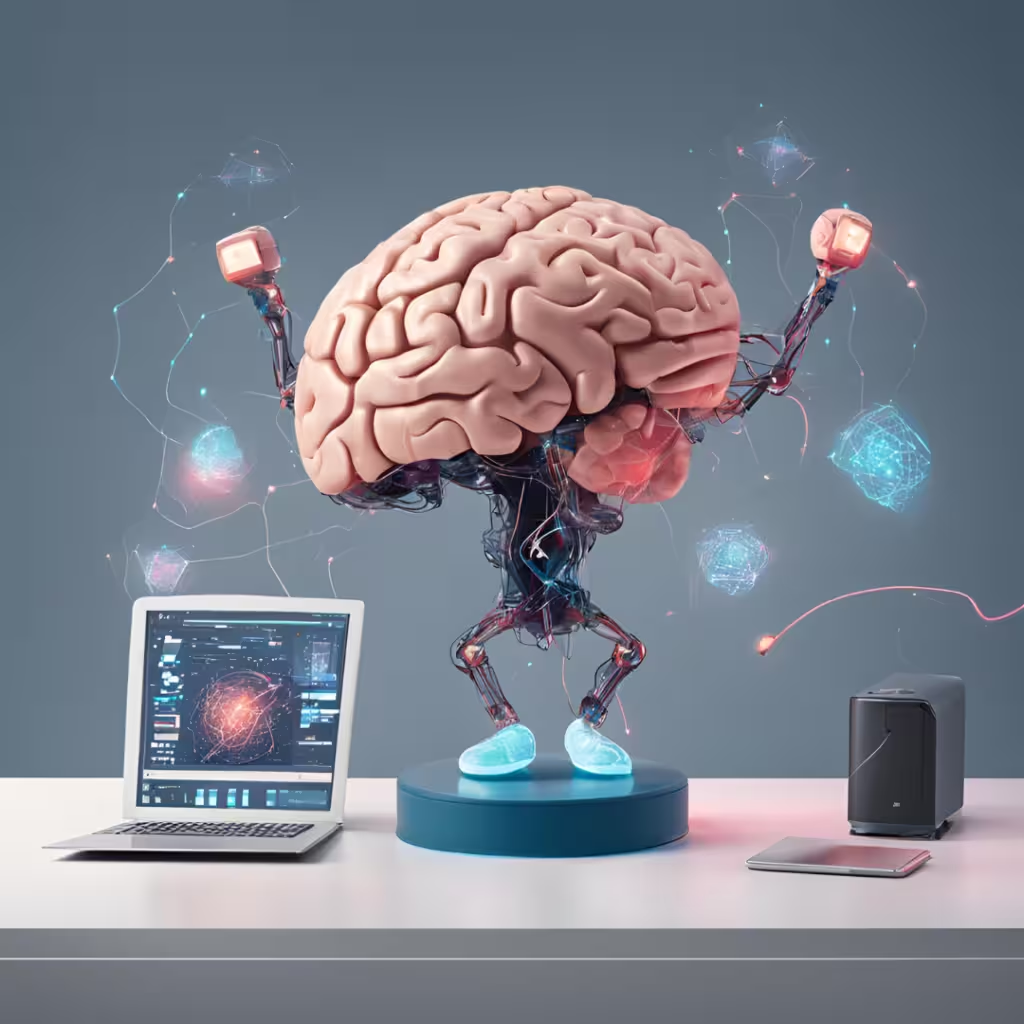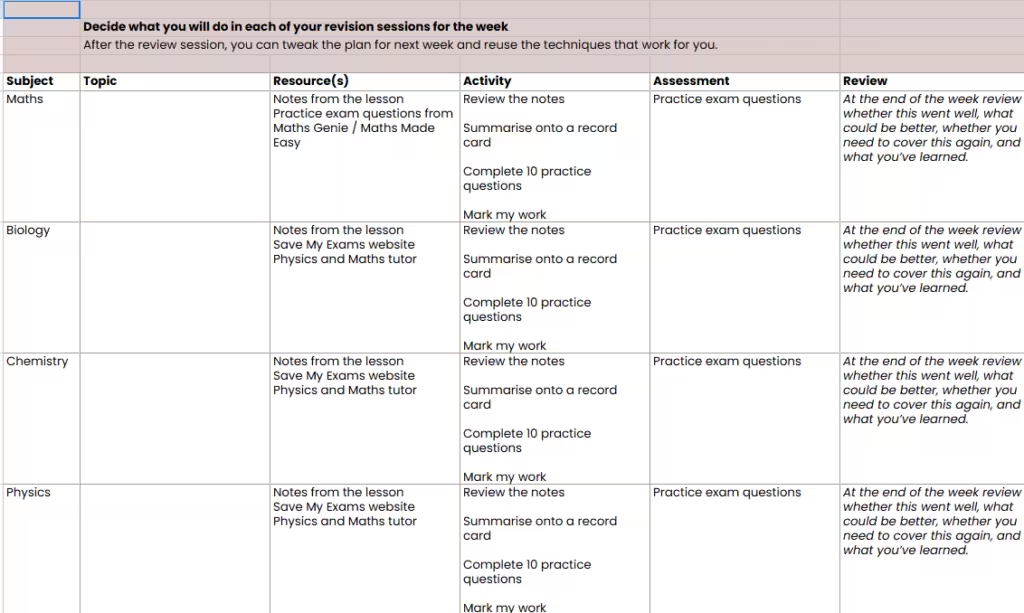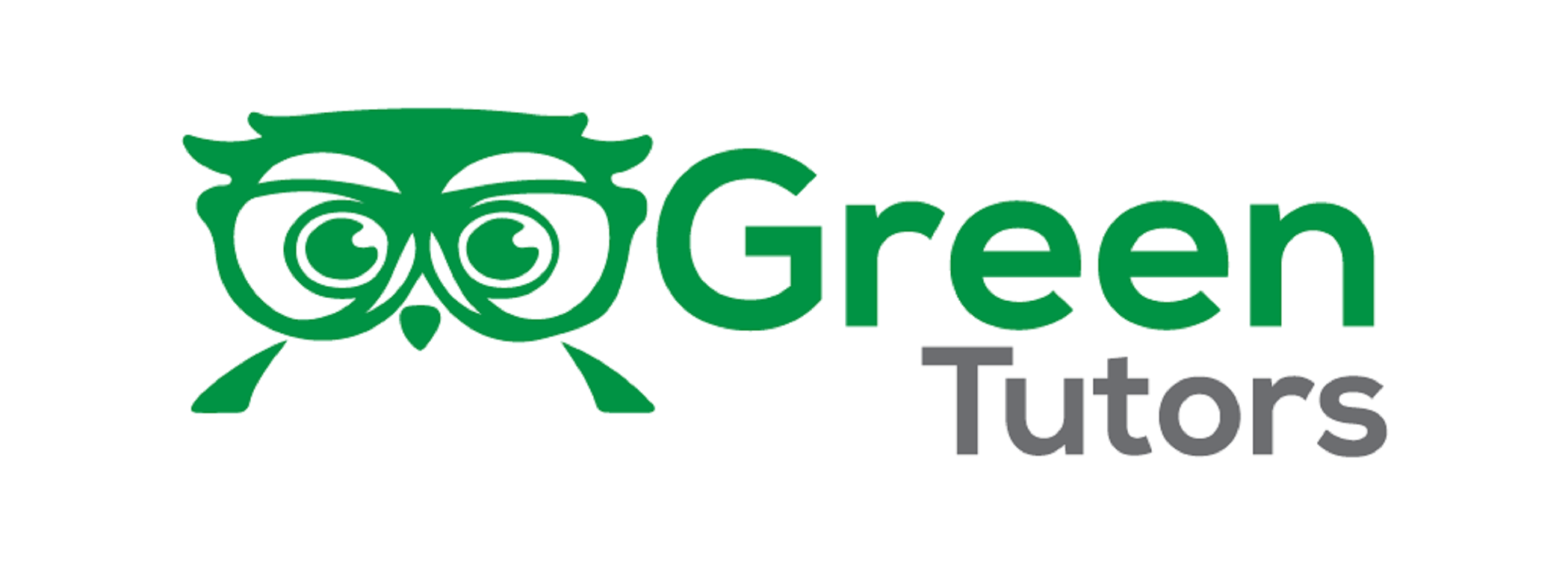A Guide for Parents and Tutors
Love it or loathe it, AI in education is taking the digital world by storm—and it’s not going anywhere. But don’t worry; it’s not as scary as it sounds. Used the right way, AI in education can be a brilliant tool to make life easier for both parents and tutors.
So, What Exactly is AI?
AI tools like ChatGPT are powered by clever programming and massive data centres. They “learn” from how we interact with them and use the internet to process and provide information. But here’s the thing—they don’t have a brain. AI can’t tell the difference between fact and fiction, or good and bad. That’s where we come in. It’s up to us to ask smart questions and make sense of the answers.
There’s also an environmental side to all this tech. AI tools use a lot of energy, rely on rare minerals, and even consume large amounts of water. That’s why we need to use them thoughtfully and find ways to balance their benefits with their impact on the planet.

How AI Can Make Studying a Breeze
When used with intention, AI in education can make studying less stressful and more efficient. It’s not about replacing effort but about working smarter. Here’s how it helps:
- Solving tricky problems: AI can help break things down, making problems less daunting.
- Getting unstuck: Staring at a blank page? AI can spark ideas and suggest next steps.
- Organising study sessions: Whether it’s summarising notes or creating study plans, AI can keep things neat and manageable.
The beauty is that the creativity and learning are still yours—AI just gives you the tools to get started.

Top AI Tools for Studying and Tutoring
There are so many places to go to find study resources. I shared my favourites a few years back at https://greentutors.co.uk/services-students/. But sometimes the choice is part of the problem – where do we start?
There’s a world of AI tools out there to help students (and tutors!) stay on top of things. Here are some of the best:
For Studying and Learning
- Quizlet: Perfect for creating flashcards and study plans using spaced repetition.
- Photomath: Snap a photo of a maths problem, and it’ll solve it with step-by-step explanations.
- Grammarly: A writing assistant that polishes grammar and suggests improvements.
- Khan Academy (Khanmigo): Like having a personal tutor for maths and science.
- Brainly: Post a question and get answers from the community, supported by AI.
For Staying Organised
- Notion AI: Organises your notes, builds study plans, and even sets reminders.
- Evernote: Helps you manage tasks and search through notes with AI assistance.
- Focusmate: Pairs you with a virtual study buddy for accountability.
- Forest App: Gamifies focus—plant virtual trees as you complete tasks.
For Creativity and Research
- ChatGPT/OpenAI: Brilliant for brainstorming ideas, creating essay outlines, or summarising notes.
- Perplexity AI: Delivers quick research answers and provides sources.
- WolframAlpha: Great for solving complex maths or science problems with detailed explanations.
For Coding and STEM
- Tynker: A fun way for kids to learn coding through interactive projects.
- Code.org: Offers engaging AI coding challenges and tutorials.
- Deepnote: Ideal for older students tackling data science.
For Well-being
- Headspace: Tailors mindfulness exercises to help with stress.
- Woebot: A friendly chatbot to support mental health and reduce exam anxiety.
For Learning Languages
- Duolingo: Gamified lessons that adapt to how you’re doing.
- Beelinguapp: Offers bilingual stories for practising reading and comprehension.
Teaching Kids to Use AI Responsibly
While AI is an amazing tool, it’s not a shortcut. Using it to cheat defeats the whole point of learning, and, let’s face it, it’s usually pretty obvious when a student has copied something straight from ChatGPT!
More importantly, AI isn’t always right. It doesn’t think like we do and can repeat mistakes or spread dodgy info. That’s why critical thinking is so important. Teach your kids to ask thoughtful questions and double-check answers. And remember, OpenAI recommends that kids under 13 shouldn’t use ChatGPT without parental consent, and teens should be supervised. This is a great chance for you to join in, explore AI together, and encourage your child’s creativity.
A Tool to Help, Not Replace
AI is here to lend a hand, not take over. Whether it’s helping you organise a study schedule, brainstorm ideas, or tackle tough subjects, it’s all about enhancing learning—not replacing the effort. At the end of the day, the output is still your child’s work, and that’s what matters most.
I would love to hear about what tools you have used, and how they have helped you. Share below, or message me on 07958069480.

Recent Comments